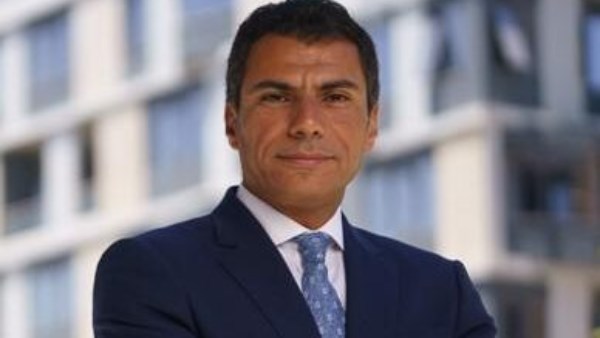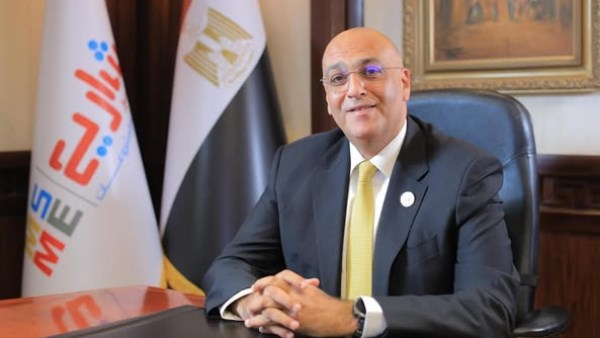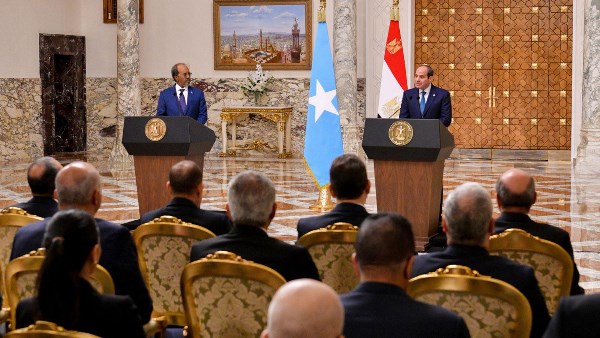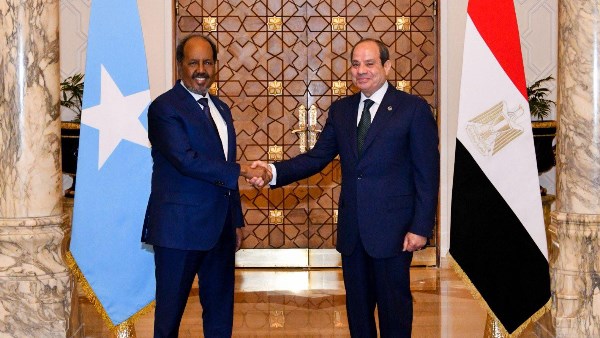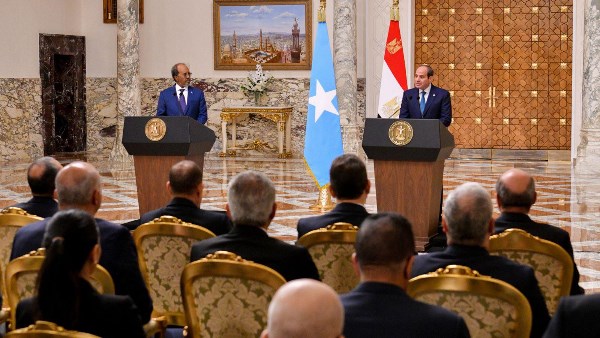
The status of the dollar is not going to change from one day to another
The euro is soaring — and Trump’s policies could push it even higher

The euro’s global importance will continue to strengthen this year while political forces fuel further gains against the U.S. dollar, according to central bankers and strategists.
Speaking at an economic forum in Aix-en-Provence, France, last week, officials at the European Central Bank said that, while the euro may be a long way off threatening the greenback as the top global reserve asset, the currency will increasingly be seen as a stable alternative as long as it has supportive policymaking behind it.
“If you combine [U.S.] tariffs with the attacks on the Fed and institutions, with the fiscal sustainability of the United States following the ‘beautiful’ tax bill, it explains the evolution of the dollar exchange rate in the recent weeks,” said Yannis Stournaras, governor of the central bank of Greece, during a CNBC-moderated panel on Saturday.
“Those who impose tariffs will be hurt first,” Stournaras added of the economic impact of higher rates.
As of Monday, the status of a potential U.S.-European Union trade deal remains in limbo, with an update expected over the coming days. The indication from Washington’s early trade deals — including with the U.K. and Vietnam — is that is that White House duties will be broadly higher on all goods coming into the U.S. from overseas than they were at the start of the year, even if they are lower than the rates threatened back in April.
So far in 2025, broad uncertainty around U.S. tariff negotiations and their impact on the economy and inflation, along with expectations of a fiscal boost in the EU, have driven a roughly 14% increase in the euro against the dollar. These gains have come in despite the ECB cutting interest rates and the Federal Reserve holding them steady.
U.S. President Donald Trump meanwhile last week managed to pass a sweeping tax and spend bill, scoring a major political victory — which is nevertheless expected to increase the federal deficit, potentially fueling further jitters among U.S. creditors who have already balked at the market chaos around tariffs this year.
“The status of the dollar is not going to change from one day to another, [but] the euro is in a position to gain in international reserves,” Stournaras continued. That will require the EU to complete its longstanding efforts to form a Banking Union and Capital Markets Union and reduce internal barriers to allow the euro to increase its role in international markets, he said.
Ireland’s central bank chief, Gabriel Makhlouf, echoed the sentiment.
“I think what we’re seeing right now with the dollar is a realignment, a readjustment on the part of investors,” Makhlouf said.
“It’s not so much tariffs, which get a lot of headlines. [Investors are] seeing the rule of law in the United States actually weaken and they are responding accordingly, because that means there’s a greater risk to their investments and their assets, and they’re adjusting.”
The global proportion of the euro in foreign exchange reserves has held roughly steady for more than a decade, at around a fifth. The U.S. dollar’s share slipped from 68.8% in full-year 2014 to 57.8% by the end of 2024, according to an ECB report published in June, with the exact impact of shifts in 2025 not yet clear.





-1120252475029447.jpg)



